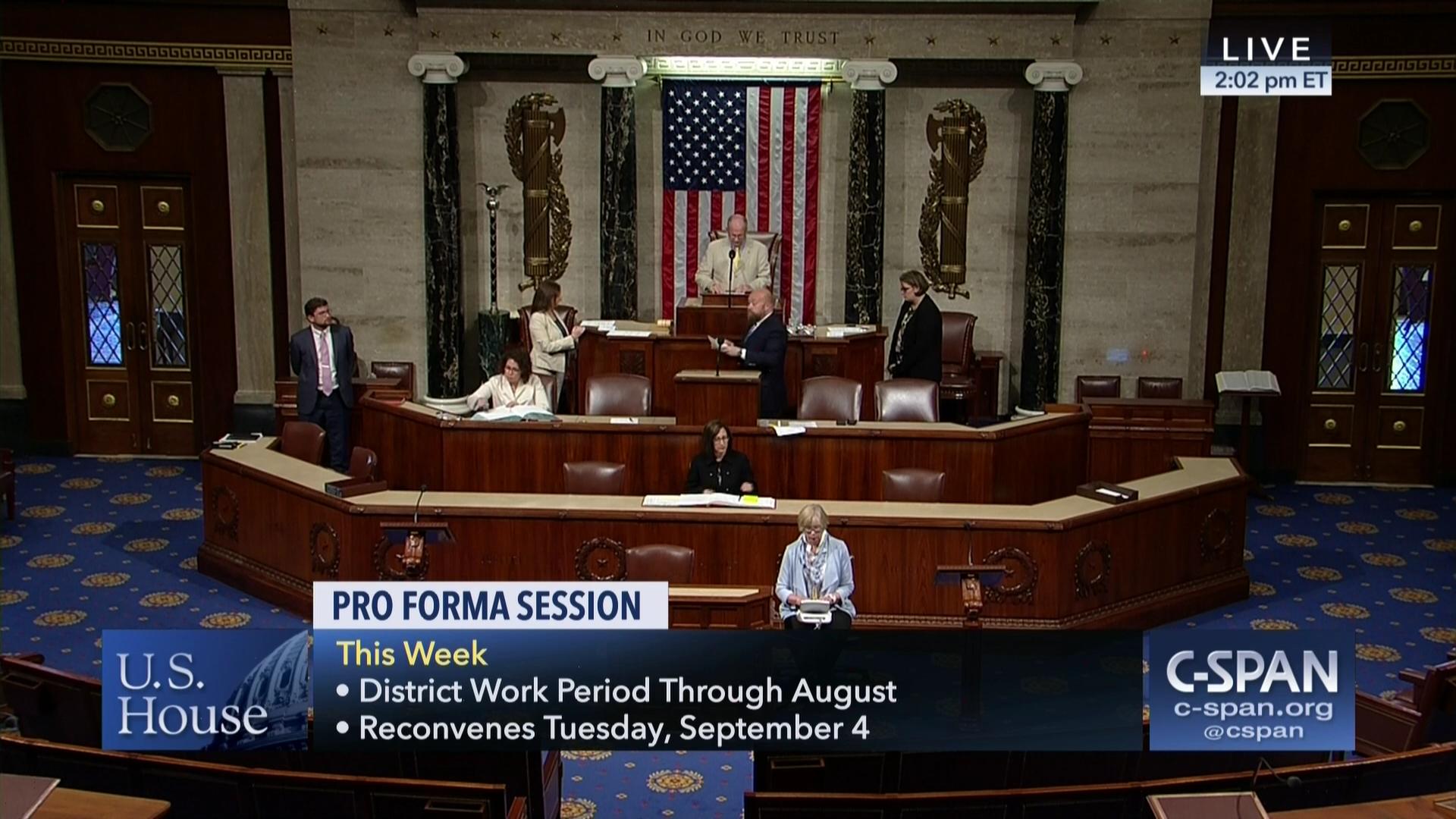What Is A Pro Forma Session
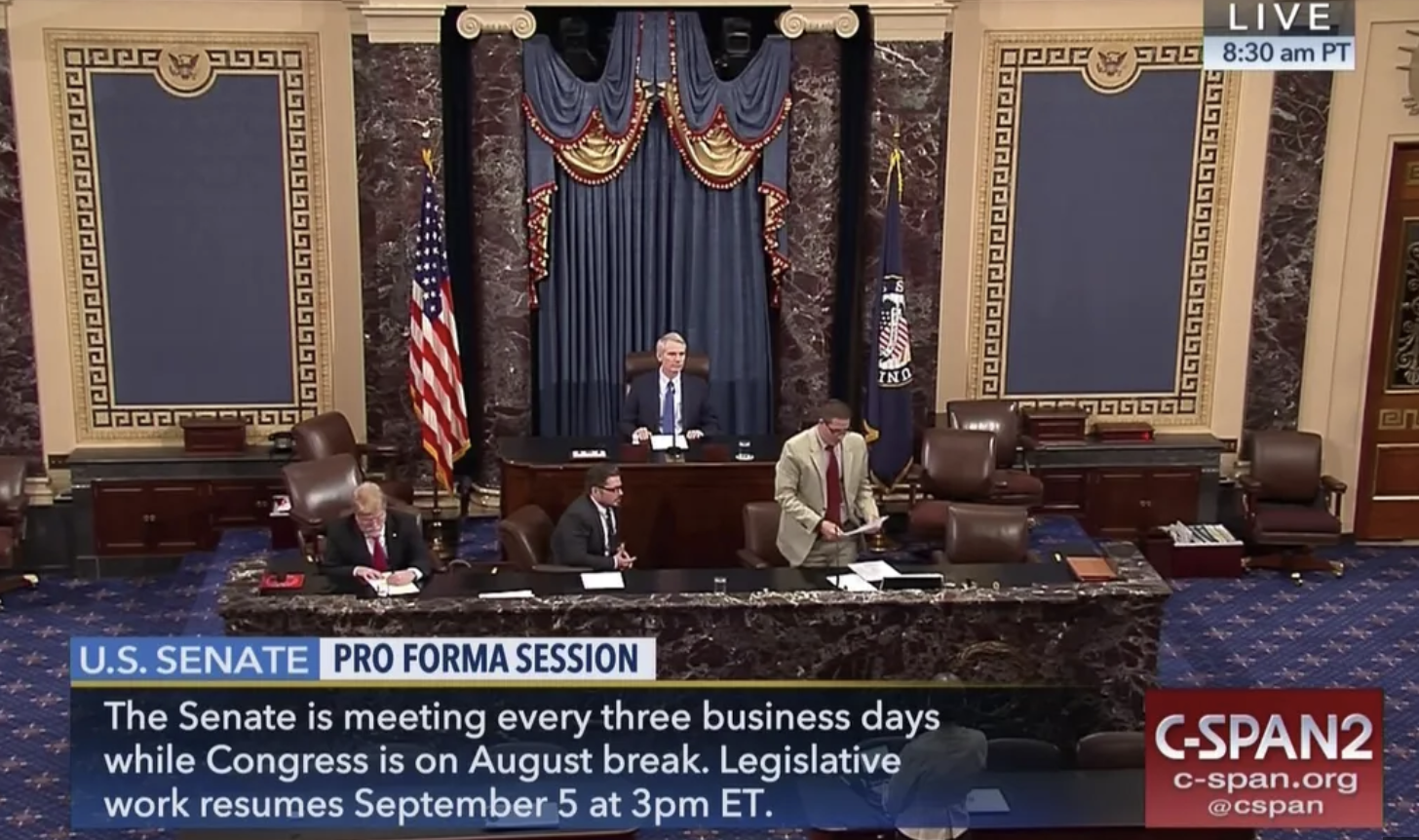
In the quiet lulls between legislative storms, when the halls of Congress seem unusually still, a peculiar ritual unfolds. It's a session that isn't quite a session, a meeting that isn't quite a meeting. This is the pro forma session, a vital yet often misunderstood aspect of American legislative procedure.
A pro forma session is a brief meeting of a legislative body, usually the House or Senate, held for the sole purpose of preventing the chamber from adjourning for more than three days. Understanding these sessions is crucial for grasping the nuances of congressional procedure and the strategic maneuvers employed by both parties.
The Essential Function of Pro Forma Sessions
The primary purpose of a pro forma session is to satisfy the constitutional requirement that neither chamber of Congress can adjourn for more than three days without the consent of the other. This provision, found in Article I, Section 5, Clause 4 of the U.S. Constitution, ensures that one chamber cannot effectively shut down the government by unilaterally adjourning for an extended period.
By holding these brief sessions, Congress maintains its ability to convene and conduct business with minimal notice. This can be particularly important during periods of recess or when sensitive negotiations are ongoing.
During a pro forma session, no legislative business is typically conducted. The session usually involves a single member gaveling the chamber into session, leading the Pledge of Allegiance, perhaps offering a prayer, and then immediately adjourning.
The Mechanics of a Pro Forma Session
The procedures for a pro forma session are straightforward. Typically, the presiding officer is a member designated by the leadership of the majority party. This member is responsible for maintaining order, although the minimal activity during the session rarely requires any significant exercise of authority.
The sessions are usually very short, often lasting only a few minutes. The focus is strictly on fulfilling the constitutional requirement rather than engaging in any substantive legislative action.
According to the Congressional Research Service, the pro forma sessions are designed to avoid formal adjournment. This allows the Speaker of the House or the Senate Majority Leader to reconvene the chamber quickly if circumstances warrant.
Strategic Implications and Political Maneuvering
While pro forma sessions may seem like procedural formalities, they can have significant strategic implications. They prevent the President from making recess appointments, which are appointments made to fill vacancies while the Senate is in recess and unable to confirm nominees.
Historically, pro forma sessions have been used to block presidential appointments that might be controversial or opposed by the Senate. By keeping the Senate technically in session, even if it's just for a few minutes every few days, the President's ability to bypass the confirmation process is curtailed.
For example, during the Obama administration, Republicans used pro forma sessions extensively to block appointments to the Consumer Financial Protection Bureau (CFPB). These tactics were a point of contention, highlighting the strategic importance of these seemingly innocuous sessions.
The Role of Unanimous Consent
Another aspect of pro forma sessions is the reliance on unanimous consent agreements. These agreements allow the Senate to expedite certain procedures and set parameters for debate.
If a senator objects to a unanimous consent request to conduct a pro forma session, it can disrupt the schedule and potentially force the Senate to remain in session longer than anticipated. This power, though rarely used, demonstrates the potential for even routine procedures to become tools of political leverage.
Criticisms and Defenses
Pro forma sessions have faced criticism, particularly when they are used extensively to block presidential appointments. Some argue that they represent a form of obstructionism that hinders the functioning of government.
Critics claim that the constant use of these sessions can create a sense of gridlock and prevent qualified individuals from serving in important government positions. This perspective views pro forma sessions as a tool for partisan political gamesmanship.
However, defenders of the practice argue that it is a legitimate check on executive power. They maintain that the Senate has a constitutional duty to advise and consent to presidential appointments and that pro forma sessions are a necessary means of ensuring that this duty is fulfilled.
"The power to advise and consent is not a mere formality. It is a critical safeguard against potential abuses of power," stated a former Senate staffer familiar with legislative procedure.
The Future of Pro Forma Sessions
The use of pro forma sessions is likely to continue as long as the current constitutional framework remains in place. These sessions will remain a point of contention between the executive and legislative branches, particularly during periods of divided government.
The strategic use of these sessions will likely depend on the political climate and the specific issues at stake. Understanding the mechanics and implications of pro forma sessions is therefore essential for anyone seeking to understand the complexities of American politics.
As Congress navigates increasingly polarized political landscapes, the pro forma session, despite its unassuming nature, will continue to be a silent but significant element of the legislative process.


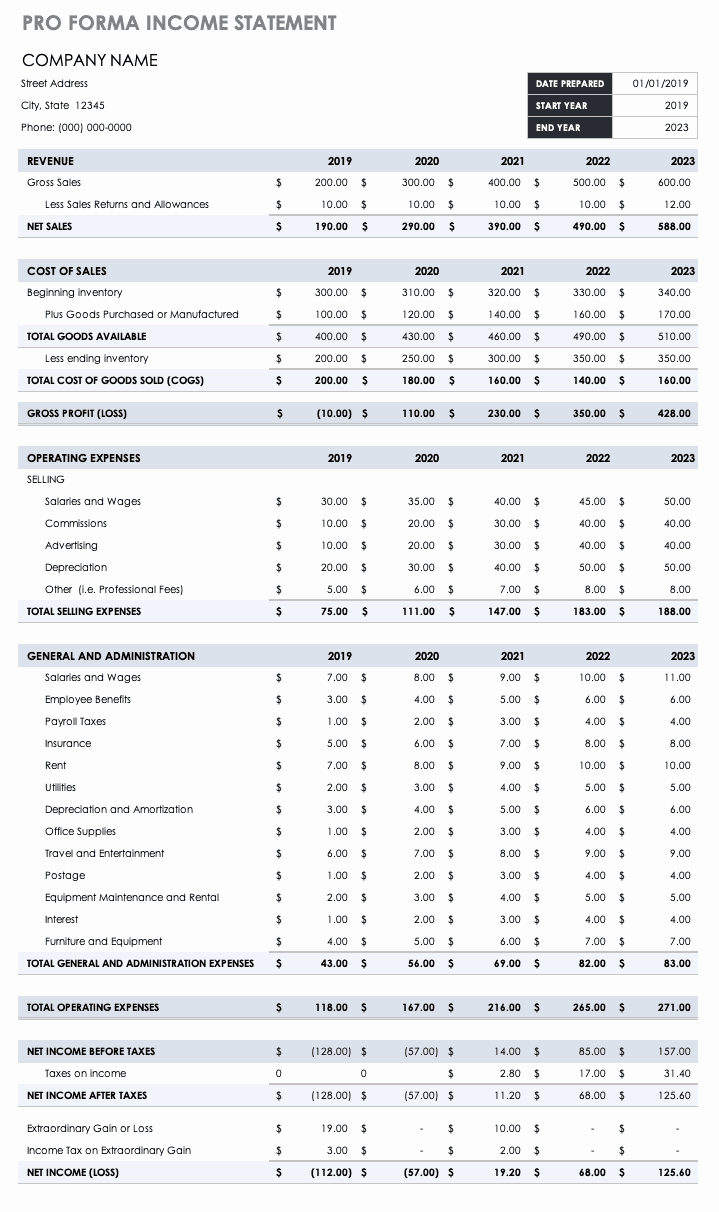
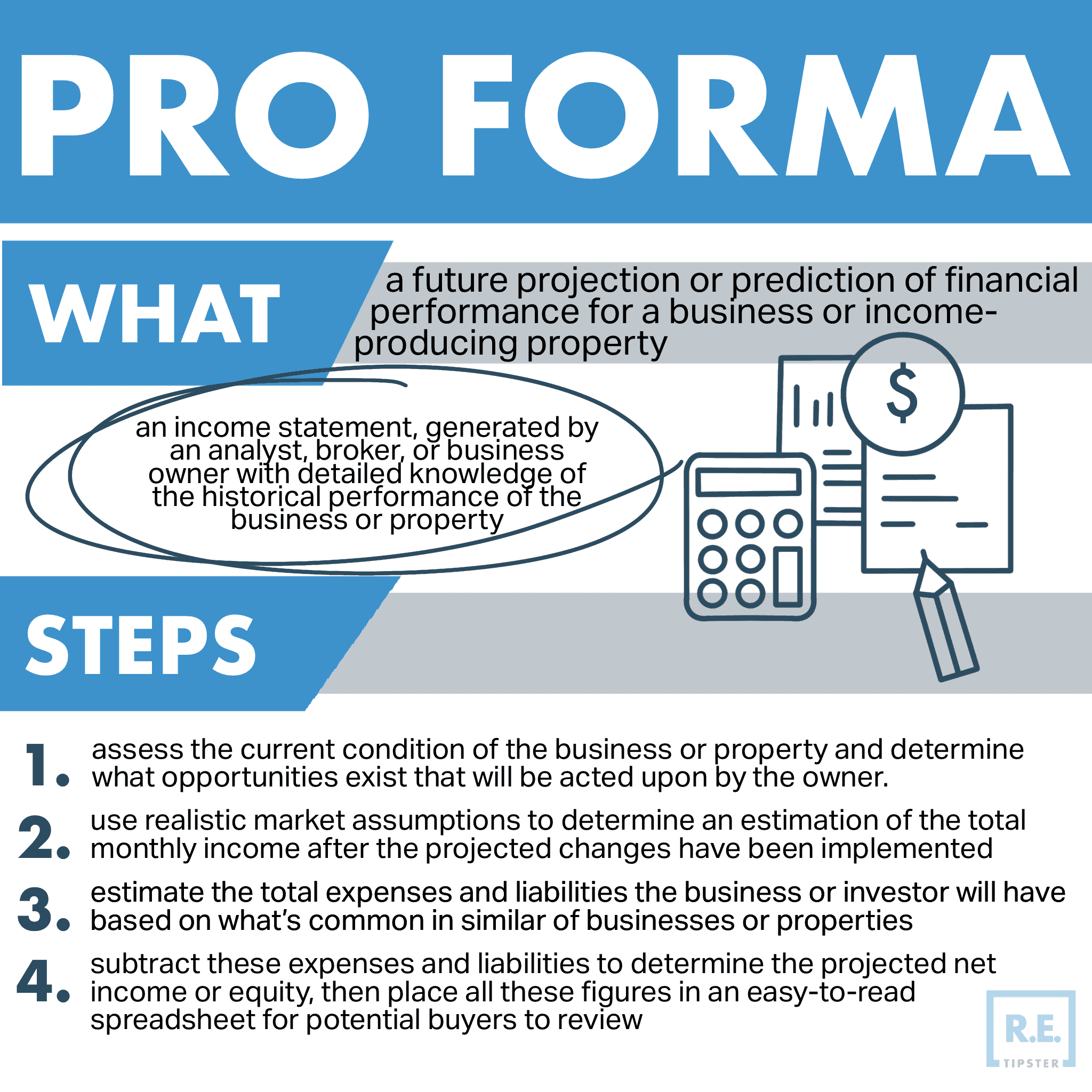

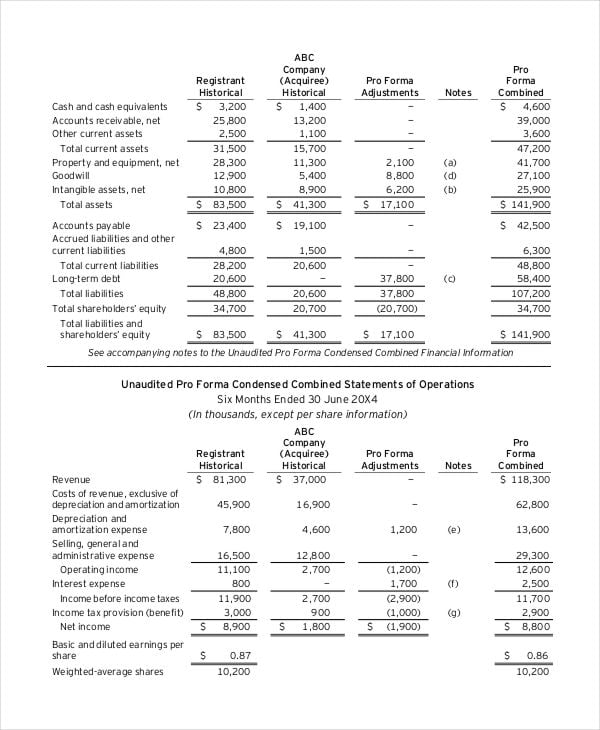



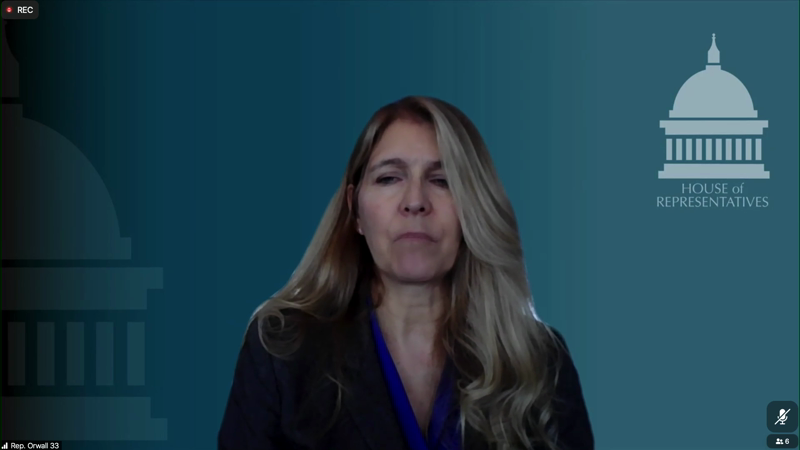
:max_bytes(150000):strip_icc()/Pro-Forma-V2-c9d1a7bd7843405e8de36c734e910f44.jpg)

